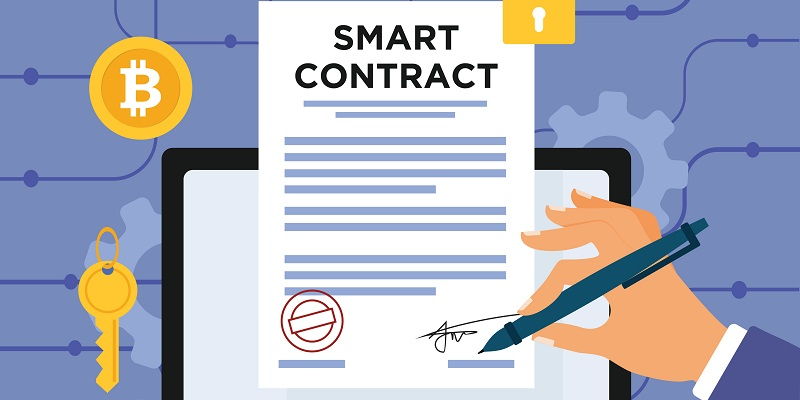In the fast-evolving world of blockchain technology, smart contracts have emerged as a promising solution to automate and execute agreements without intermediaries. However, it is essential to view smart contracts as a ‘proof-of-concept’ rather than a panacea for universal adoption. This article delves into the challenges and limitations of smart contracts, highlighting the need for a balanced approach and collaboration with traditional finance for their widespread acceptance.
The “Proof-of-Concept” Perspective
Smart contracts are still an experimental technology, and managing expectations is crucial for their successful implementation. While they hold great potential, overlooking their current limitations can hinder their widespread adoption. A cautious approach ensures that developers and users alike understand the experimental nature of smart contracts.
The Stalling Effect of Overzealousness
Although enthusiasm is vital for innovation, being overzealous can contribute to the stalling or failure of any technological advancement. It is essential to consider other factors, such as scalability, regulatory compliance, and user experience, to ensure the successful implementation and adoption of smart contracts.
Lack of bitcoin support
Despite its popularity and longevity, Bitcoin lacks comprehensive support for smart contracts. This limitation poses a significant challenge to mainstream adoption as it restricts the potential use cases of smart contracts to specific blockchain networks. Integrating Bitcoin with smart contract frameworks requires innovative solutions and collaborative efforts from developers and industry stakeholders.
Difficulty in Connecting Cryptocurrency and Fiat
One of the primary hurdles for wider acceptance of smart contracts is the absence of a streamlined process to connect cryptocurrencies and fiat currencies. Bridging this gap is crucial for incorporating traditional financial systems into the blockchain ecosystem, enabling seamless integration with real-world applications and transactions.
Trust and Control in Smart Contracts
Smart contracts, by design, are executed based on predefined rules and conditions. However, it is important to acknowledge that smart contracts are usually controlled by the development team that creates them. This centralized control raises concerns about trust assumptions, leaving room for hackers to exploit loopholes, vulnerabilities, and improper key management, which can lead to potential fund theft.
An Alternative to Smart Contracts
As companies and institutions explore alternatives to smart contracts, significant steps are required for their development and implementation. Collaboration across industries, supported by thorough research and innovative approaches, can pave the way for alternative solutions that address shortcomings and improve usability.
Smart Contracts for Enhancing Applications
Smart contracts excel in enriching an application layer by amplifying generic functionality. However, they may not necessarily be needed or well-suited to hold funds indefinitely. Recognizing their strengths and limitations is crucial for maximizing their potential and avoiding potential risks.
Bridging the Gap with Traditional Financial Institutions
For widespread adoption, smart contracts must align with traditional financial institutions and fiat systems. Leveraging the benefits of blockchain technology while adhering to regulatory frameworks and compliance requirements necessitates fundamental changes in how smart contracts operate and interact with traditional financial systems.
Collaborating with traditional finance
To secure the future of cryptocurrencies, consistent dialogue with traditional finance is crucial. This collaborative approach ensures fiat interoperability, seamless access to cryptocurrencies, and regulatory compliance, enabling the integration of blockchain technology into existing financial systems worldwide.
Smart contracts represent a pivotal development in the blockchain ecosystem, but they must be viewed with a critical lens to effectively manage expectations. Collaboration with traditional finance is essential to address challenges such as Bitcoin support, fiat integration, trust issues, and control. By understanding their limitations and working towards innovative solutions, smart contracts can unlock their full potential and spearhead a transformative shift in the world of finance. A balanced approach and consistent dialogue between blockchain and traditional finance are vital to facilitate the widespread adoption of smart contracts and drive the future of cryptocurrencies.

